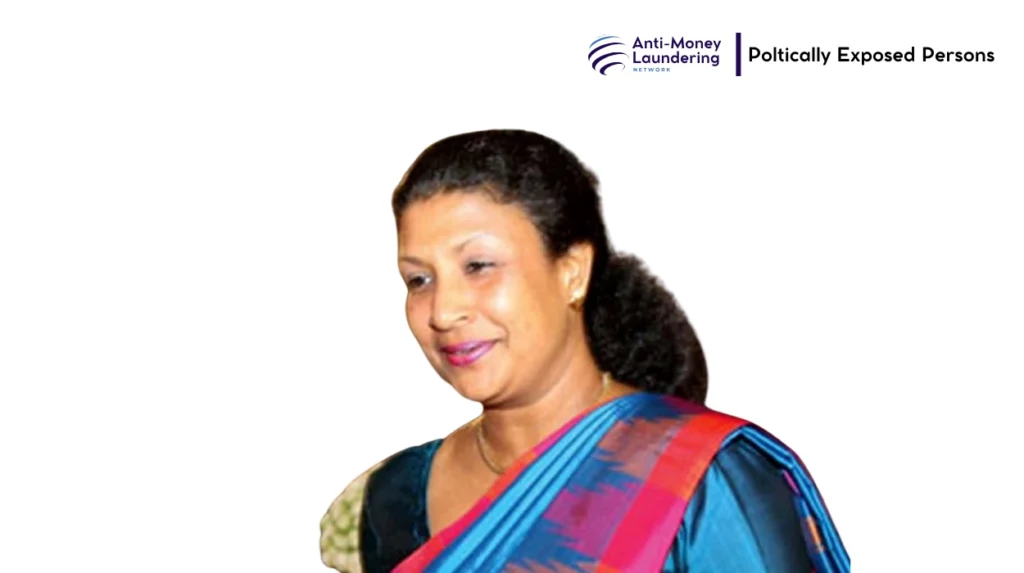Sri Lanka’s political landscape has long been dominated by the Rajapaksa family, whose tenure in power has been marked by allegations of rampant corruption, nepotism, and financial misconduct. Nirupama Rajapaksa, a prominent member of this dynasty, exemplifies how political influence has been systematically abused to amass and conceal illicit wealth through offshore entities, luxury asset acquisitions, and state-linked contract manipulations. The Rajapaksa family’s control over state institutions enabled a kleptocratic system that funneled public resources into private hands while shielding elites from accountability. Despite significant evidence revealed by high-profile leaks like the Pandora Papers and ongoing investigations, entrenched political impunity has undermined transparency and justice, contributing to Sri Lanka’s devastating economic crisis and widespread public disenchantment. This case critically exposes the failure of governance frameworks in Sri Lanka to check powerful families, perpetuating a cycle of elite predation and systemic corruption.
Nirupama Rajapaksa exemplifies a Politically Exposed Person in Sri Lanka whose political and familial power has allegedly been exploited to conceal and launder money via offshore shell companies. Her activities, alongside her husband, demonstrate systematic weaknesses in Sri Lanka’s political system that enables elite impunity, lacks effective transparency, and facilitates the abuse of state-linked institutions for private enrichment. Despite multiple credible allegations and investigative journalism exposing their offshore financial network, limited legal or regulatory consequences have materialized, underscoring political shielding mechanisms within Sri Lanka’s governing elite. This case critically highlights the urgent need for stronger AML enforcement and political accountability in jurisdictions dominated by entrenched familial power structures.

